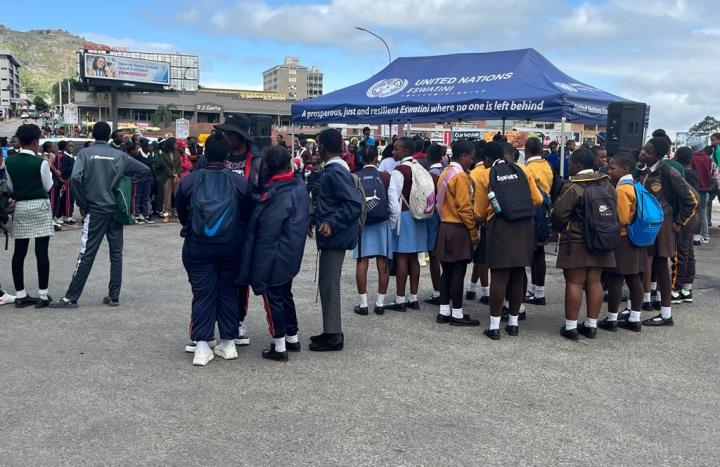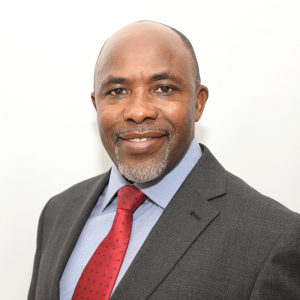7 November 2023 | 10:00 PM - 10 December 2023 | 9:59 PM
UDHR75 Eswatini
In 2023, the UN family in Eswatini, including OHCHR, UNDP, UNICEF, IOM, UNAIDS, WHO, WFP, FAO and UNESCO, has partnered with Government (Eswatini Commission on Human Rights) & other stakeholders to educate, promote and empower communities & individuals on UDHR leading to 75th anniversary on 10 Dec

UN entities involved in this initiative
OHCHR, RCO, UNDP, UNICEFOther entities involved in this initiative
ECOther Organizers
Alliance Francaise Mbabane, Eswatini Commission on Human Rights and Public Administration / IntegritySustainable Development Goals
Contact information
tiphelele.simelane@un.orgLocation
About the initiative
In 2023 in the Kingdom of Eswatini, the United Nations family (OHCHR, UNDP, UNICEF, IOM, UNAIDS, WHO, WFP, FAO and UNESCO) has partnered with the Government through the Eswatini Commission on Human Rights and Public Administration / Integrity and with other stakeholders including civil society, human rights defenders, journalists, private sector, media and marginalized vulnerable groups to educate, promote and empower communities and individuals on the Declaration, leading up to the 75th celebration on 10 December 2023.
In the recent partnership with MTN Bushfire, the UN was the lead partner for the Bring Your Fire Zone where the UN raised awareness and promoted the indivisibility of human rights focusing on five thematic areas: right to health, freedom of expression and participation, gender and non-discrimination, right to a decent standard of living and climate change.
This initiative aims to build on the achievements of the UN partnership at the MTN Bushfire festival and on the results and outcomes of the Human Rights Day activities conducted in 2022.
Given the aim of raising awareness and inclusivity around Human Rights, partnering with the UNDP on the basis of the Leave No One Behind principle, presents a significant strategic opportunity to engage with key and vulnerable populations, including women, youth, LGBTIQ communities, EmaSwati in correctional facilities, drug users, persons living with HIV/AIDS, police officers, correctional services officers, military personnel, sex workers and persons with disabilities, as outlined in the UNDP’s Key and Vulnerable Populations Communication and Advocacy Strategy. Such a partnership could empower these communities and individuals, expanding their understanding of their rights and responsibilities as enshrined in the Declaration and as domesticated in the Constitution (Chapter III, Bill of Rights).
This campaign has been informed by technical consultations, planning meetings and discussions with key stakeholders including the Eswatini Commission on Human Rights and Public Administration / Integrity, UN agencies and civil society.
Speakers


